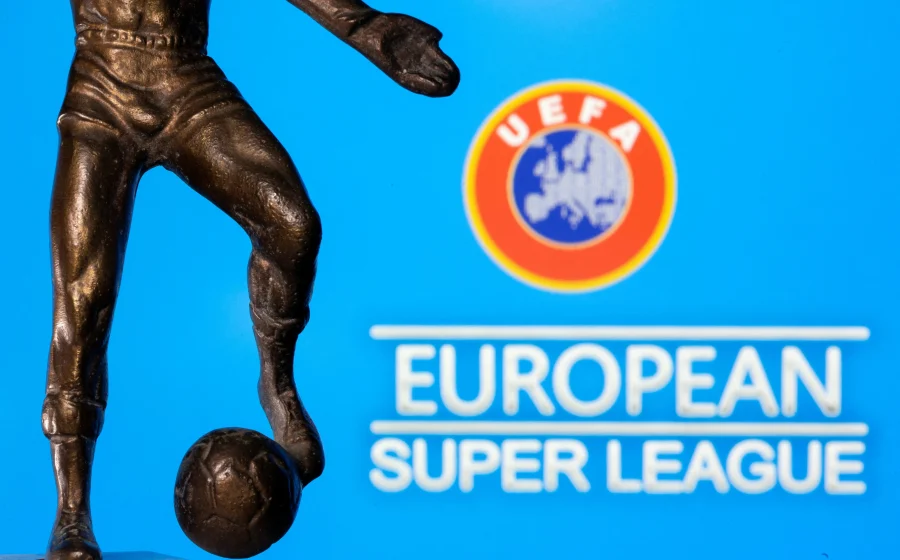The Court of Justice of the European Union (CJEU) declared that Uefa and Fifa acted unlaw-fully by prohibiting clubs from participating in the European Super League (ESL).
The court determined that both football governing bodies were “abusing a dominant position” and breaching competition law by threatening sanctions against those considering joining the breakaway league.
The case was brought forward by the ESL and its supporters, accusing Uefa and Fifa of violating competition law.
The European Union’s highest court sided with the breakaway league, emphasising that the ruling didn’t automatically endorse the approval of a breakaway competition.
In response, Uefa expressed confidence in the robustness of its rules, ensuring compliance with European laws. The verdict challenges the authority of Uefa and Fifa in overseeing the sport.
The ESL backers, including A22, released re-vamped proposals following the ruling, introducing a women’s European tournament.
The new plan proposes a league system featuring 64 clubs across three men’s leagues and 32 clubs across two women’s leagues, incorporating promotion and relegation.
Barcelona, an initial ESL participant, sees the verdict as paving the way for a new competition.
A22’s chief executive, Bernd Reichart, declared victory for the ESL, claiming that football is now liberated from Uefa’s monopoly.
He asserted that clubs are free from the threat of sanctions and can determine their future. While this decision does not guarantee the revival of the ESL, it signifies a significant challenge to the traditional governance of football by Uefa and Fifa.
The ramifications of this ruling are expected to resonate in the football landscape for an extended period.—APP










